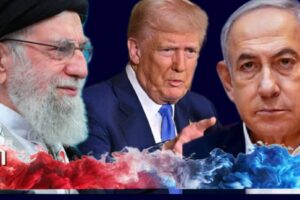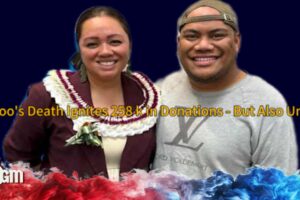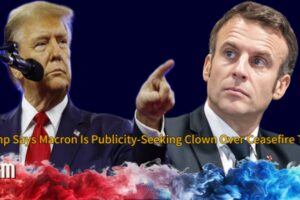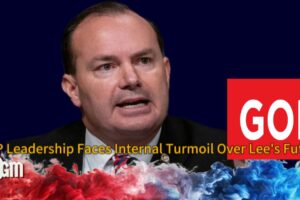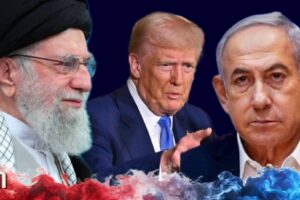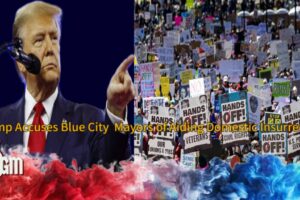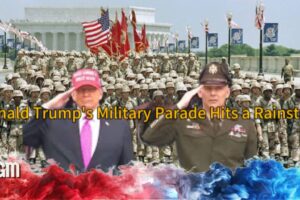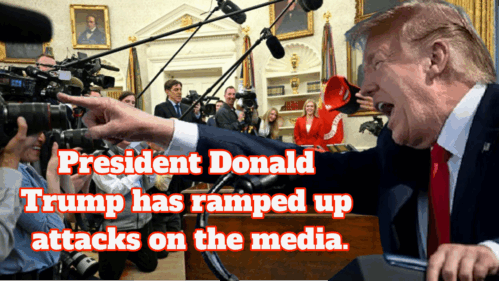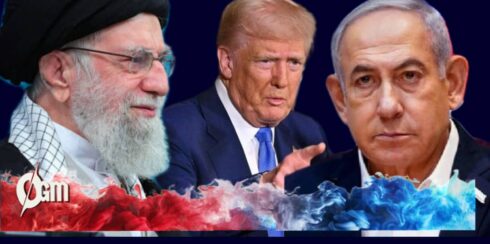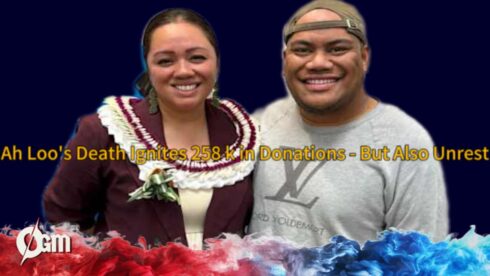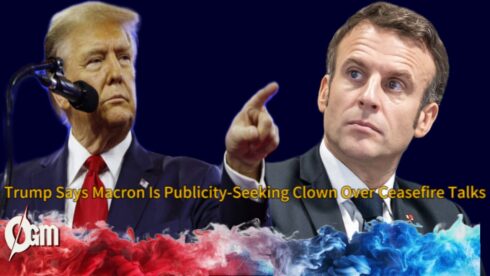Facing some of the lowest presidential approval ratings recorded since World War II—ranging between 39% and 42%—former President Donald Trump has ramped up attacks on the media. Trump has labeled recent polls from outlets like The New York Times, ABC News, and Fox News as “fake,” accusing them of manipulating data to undermine his political standing. In fiery public remarks, he has called for investigations into these organizations and suggested that pollsters who publish unfavorable numbers should face criminal prosecution.
Beyond verbal assaults, Trump has also embraced legal action. His lawsuit against The Des Moines Register, Gannett, and prominent pollster Ann Selzer alleges deliberate misconduct in the reporting of 2024 election polling. These aggressive moves signal a broader strategy: discrediting unfavorable journalism while mobilizing his supporters against perceived enemies in the media landscape.
Donald Trump Creating A Pattern of Retaliation
Donald Trump’s efforts have moved beyond the courtroom and into federal regulatory agencies. The Federal Communications Commission (FCC), under the leadership of Brendan Carr, has launched investigations into media giants like Disney and Comcast. Notably, CBS’s 60 Minutes also came under FCC scrutiny following an interview segment with Vice President Kamala Harris that Trump’s allies claim was misleading.
By weaponizing federal agencies against media organizations critical of him, Donald Trump is attempting to reshape the relationship between the presidency and the free press. Critics warn that such tactics reflect a calculated assault on press independence, eerily reminiscent of authoritarian regimes where government control of information is routine rather than exceptional.
CBS’s 60 Minutes: A Defiant Stand for Editorial Freedom
The tension between political power and journalistic integrity came into sharp focus on April 27, 2025, when CBS’s 60 Minutes concluded its broadcast with a rare on-air rebuke of corporate and political pressure. Veteran anchor Scott Pelley openly addressed the resignation of executive producer Bill Owens, attributing it to increasing “editorial interference” at the network.
Correspondent Lesley Stahl corroborated these concerns, sharing personal accounts of internal pressures that compromised journalistic autonomy. Amid Paramount’s pending merger with Skydance Media—and fears that regulatory approval hinges on political appeasement—the public statement by CBS journalists served as a clarion call to defend the very foundations of independent media.
Paramount-Skydance Merger: Journalism Caught in the Crossfire
At the heart of the CBS controversy lies the Paramount-Skydance merger, a multibillion-dollar deal requiring Donald Trump administration approval. Reports from Axios and The Daily Beast suggest that corporate executives, eager to secure the merger, have subtly pressured CBS journalists to soften critical coverage that might anger Trump.
Shari Redstone, Paramount’s controlling shareholder, is reportedly interested in settling Trump’s $20 billion defamation lawsuit against CBS News. Critics fear such a settlement would come at the cost of editorial freedom, signaling to other media corporations that truth-telling is negotiable when financial interests are at stake. If 60 Minutes’ concerns prove valid, the Paramount-Skydance merger could become a landmark case study in how corporate priorities endanger journalistic independence.
FCC Signals Scrutiny Over Media Integrity and Merger Approvals
As controversy swirls, the FCC has indicated that it will not greenlight the Paramount-Skydance merger without a thorough review of its implications for the public interest. Chairman Brendan Carr noted that “all options are on the table,” suggesting that concerns about editorial interference could derail the deal.
Traditionally, the FCC does not regulate content decisions, but it does require broadcast licensees to serve the public interest. If media companies bend to political demands, they risk breaching that obligation. The FCC’s stance represents a critical test: will the government enforce standards that protect a free press, or will it allow political and corporate interests to erode those safeguards?
Freedom of the Press Under Attack
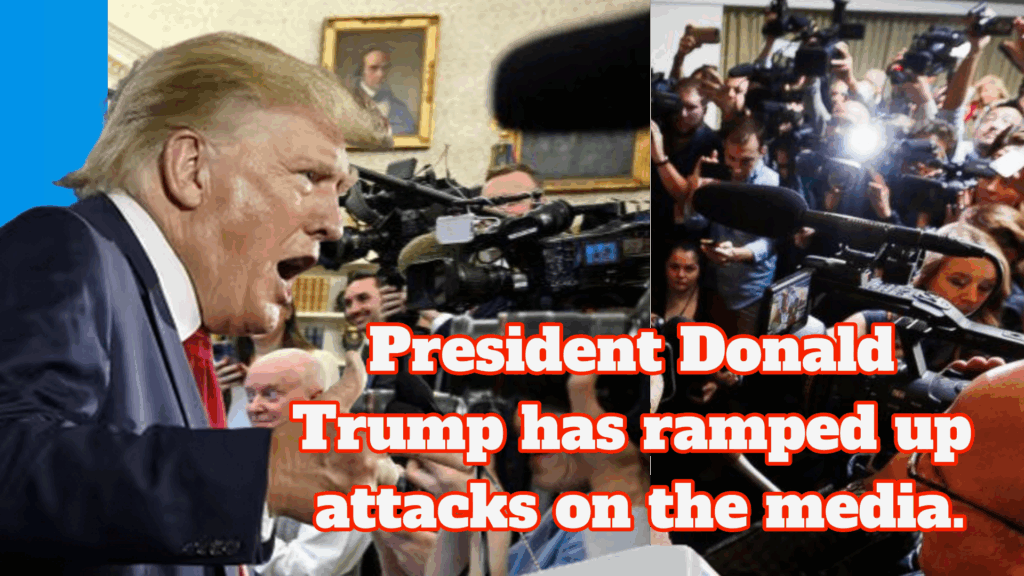
The battle between Donald Trump, CBS, and other media entities underscores a vital principle: press freedom transcends political affiliation. As Scott Pelley eloquently stated, journalism must remain independent to expose corruption and inform the public. If the media becomes an instrument of political power or corporate profit, democracy itself is imperiled.
Freedom of the press is not a luxury—it is a necessity. When journalists are silenced or censored, the public loses its primary defense against the abuses of the powerful. Regardless of whether one supports or opposes Donald Trump politically, the stakes are clear: the survival of American democracy depends on a fearless, independent media.
The Road Ahead: Journalism’s Resolve Will Shape Democracy’s Future
Despite mounting pressures, journalists across the country are reaffirming their commitment to the truth. Scott Pelley’s declaration—”I’m not going anywhere, even if they come after me”—has become a rallying cry for reporters who refuse to yield to intimidation.
Going forward, media organizations must stand firm against both corporate and political interference. Regulatory bodies like the FCC must also assert their role in protecting public trust. And crucially, citizens must demand accountability, recognizing that a free press is not just a right, but a responsibility that sustains democratic life.
At this pivotal moment, silence is not neutrality—it is complicity. History will remember those who defended the truth, and those who chose the easy path of acquiescence.

